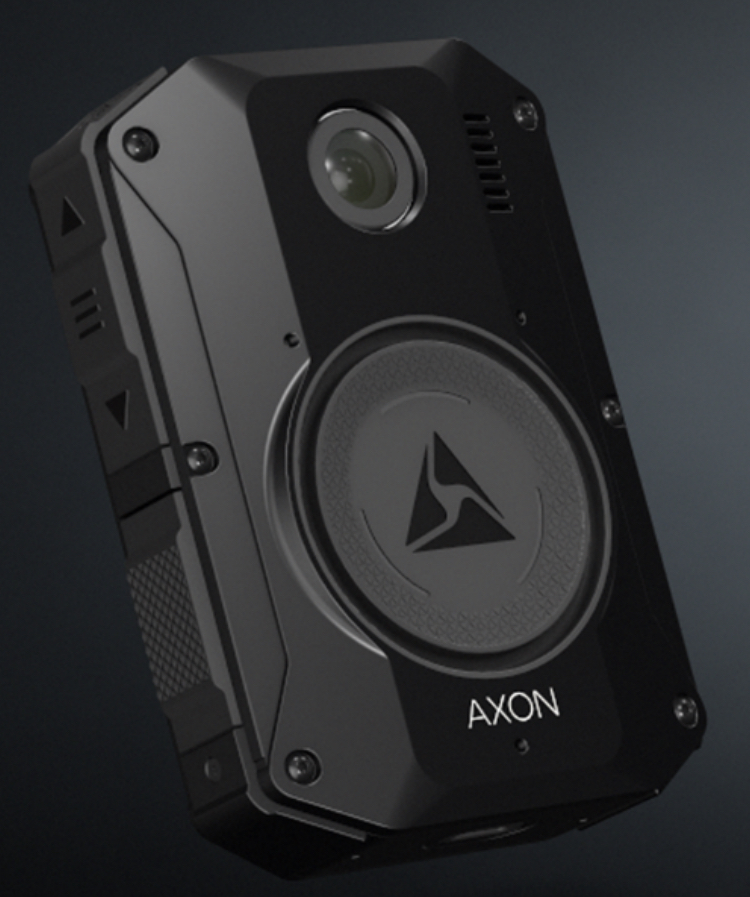The Saint John Police Force will soon gear up with the Axon Body 3 body camera, which comes equipped with the ability to track officers’ location in real-time and even livestream audio and video using cellular LTE technology.

According to Axon, the company behind the device, the force has purchased 60 of the cameras, which it says retail for $956 apiece.
Global News has exchanged several emails and phone calls with the Saint John Police Force since Thursday in an attempt to do an interview on the cameras and how they’ll be used.
SJPF was unable to accommodate.
A release from the force sent in July indicates that it intends to start rolling out the cameras this week.
We don’t know how or if the livestream feature is being tested.
Axon has also sold 12 of the Body 3 cameras to the Kennebecasis Regional Police Force and two to Fredericton.

Get daily National news
Deputy Chief Martin Gaudet says they expect to equip more in January, but so far the livestream feature is still being tested in Fredericton.
“We’ve used it in a training scenario,” he says. “We haven’t used it live because we haven’t trained or worked with the mobile crisis unit yet.”
The streaming feature has an appeal on that front, Gaudet says, because it can allow a mental health professional to guide an officer through a call remotely – either while working to get there themselves or fully off-site.
“There isn’t enough data to say if it will work or if it’s a silver bullet,” says Gaudet, “but there’s also not enough data to say that it won’t work.
“If this is an option that we can potentially use, why not give it a try?”
Axon says there are a number of benefits to the streaming feature.
Police departments who purchase the gear also get cloud storage for the video files – ranging in size for different price points.
It’s up to the department how long those files are stored.
They also say the streams are protected and have been tested to prevent hacking.
“The livestream is fully encrypted end-to-end,” says Vishal Dhir, managing director with Axon for Canada and Latin America.
“The two biggest things we’ve always been secured with are privacy and security.”
Dhir says the cameras were initially developed with serious incident response in mind, but usage has evolved.
“Now what we’re seeing is more agencies are picking them up for things like mental health awareness,” he says, “so that they could have the right resource for the situation.”
He also points out how the feature could come in handy in situations where a language barrier pops up.
“If an officer goes to a scene and there’s a language that is being spoken that they aren’t aware of, they have the ability to livestream, call somebody in and get some support services,” says Dhir.
It’s something that could come in handy in the bilingual province of New Brunswick.
The cameras don’t have two-way communication, so an officer would need their cellphone to call whoever is monitoring the stream.
Dhir says the hardware has the ability to be upgraded as features like that become available.









Comments
Want to discuss? Please read our Commenting Policy first.